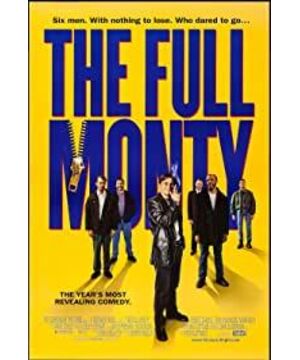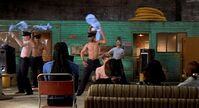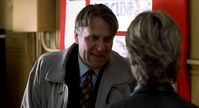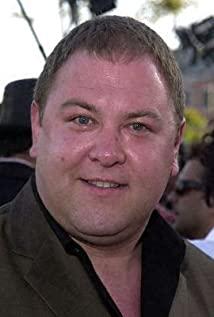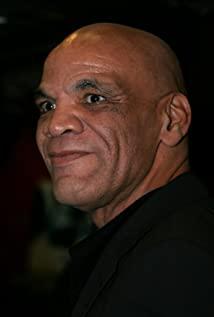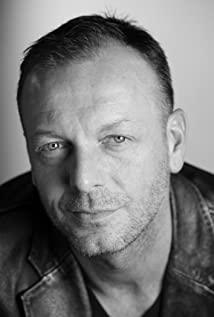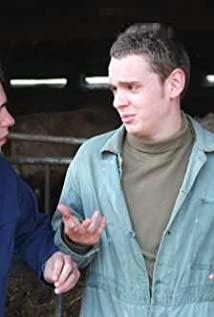The scene was once very embarrassing, hahahaha ~ high-quality comedy, balance, script, and interpretation are all excellent, the scene switching and rhythm changes are not abrupt, and at the same time have a strong and strong British style, similar to "Trainspotting", the reverse has "Ace" Big Power Spy. The core of the film's narrative is very similar to "A Spoon" but comprehensively surpasses the latter. 9-53 minutes, the scene switched to a scene similar to a performance when it was unclear whether it was a public practice to test the results + courage, or doing things in the job center. Thoughts come from here. I've seen a lot of movies that have climaxes but don't fully rely on climaxes (the rhythm is smooth and energy can be achieved without fully relying on climaxes), here, I really don't want them to climax immediately. If it is placed at the end of the film, the flowing and gentle energy suddenly accumulates and bursts out in a concentrated manner, bringing a surprise to the senses and even the senses. After the semi-circular open-air stone music venue in ancient Greece, the feeling of being blown by the refreshing wind to the starry sky will be so wonderful, I look forward to it. Collecting memories, the film has a climax in the middle and at the end. It often has the power to turn, and it can grasp the rhythm, do not use the climax to arouse the audience's emotions, narrate smoothly, and confidently outline (characters, plots and even buildings, scenery), If you show it calmly, then the burst at the end will inevitably be more turbulent, and it will be even more unacceptable to the public. After observing the world through newspapers and magazines for several years in middle school, entering the society for several years, and having a marathon experience, I have an unusual, unique and stable (value) understanding/cognition of social phenomena, that is, human nature and other topics. The rhythm change can cut into film production (not only shooting, a good film is not only shooting, but work) also has its own point of view, and can be learned from some directors with their own values (here is not a narrow use of bullshit directors to go to I have obtained certain verification in my works, I believe that my grasp of rhythm and energy is true (not false), fresh (not rigid) and colorful (not boring). far away... Movies that usually have two climaxes are, Dancing Out of My Life, Famous, Acceptance, Scent of a Woman, Soldiers, 007, Superman Returns, Batman Prequels, Spider-Man, Iron Man, America Captain series (several saliva pieces were written in a row), Tianlong Special Forces, Memoirs of a Fool, V for Vendetta, this killer is not too cold, I am 11, can almost span multiple categories and cover most topics. And I think the climax is at the end of the film. There are (not many) works with calm narrative in the front, Concert, Warrior, Nightcrawler, Westward Journey, Prosecution Witness, and Twelve Angry Men. In addition to being unique (a rigid line that deviates from the mainstream screenwriting ideas), its energy is borrowed and displayed in very different forms, one is a turning point (human nature is easy to accept), and the other is a speed change. Huh, I wrote this passage for more than 20 minutes. When I went back and looked at it, it turned out to be the solarium of a character's wife. Just wanted to add one more sentence. The discussion here is not a strict distinction between the good and the bad, but a personal preference but it was not clear what the difference was before. There are differences between the two expressions, and there are also differences in quantification (because it is easy to accept and express, and there are more films expressed in the form of transitions), but these two methods are not bad film filters. Or forcibly telling the patchwork behavior of forcibly adding dramas is the standard for bad films, such as Chi Ling and Jackie Chan's works of the past ten years.
View more about The Full Monty reviews


